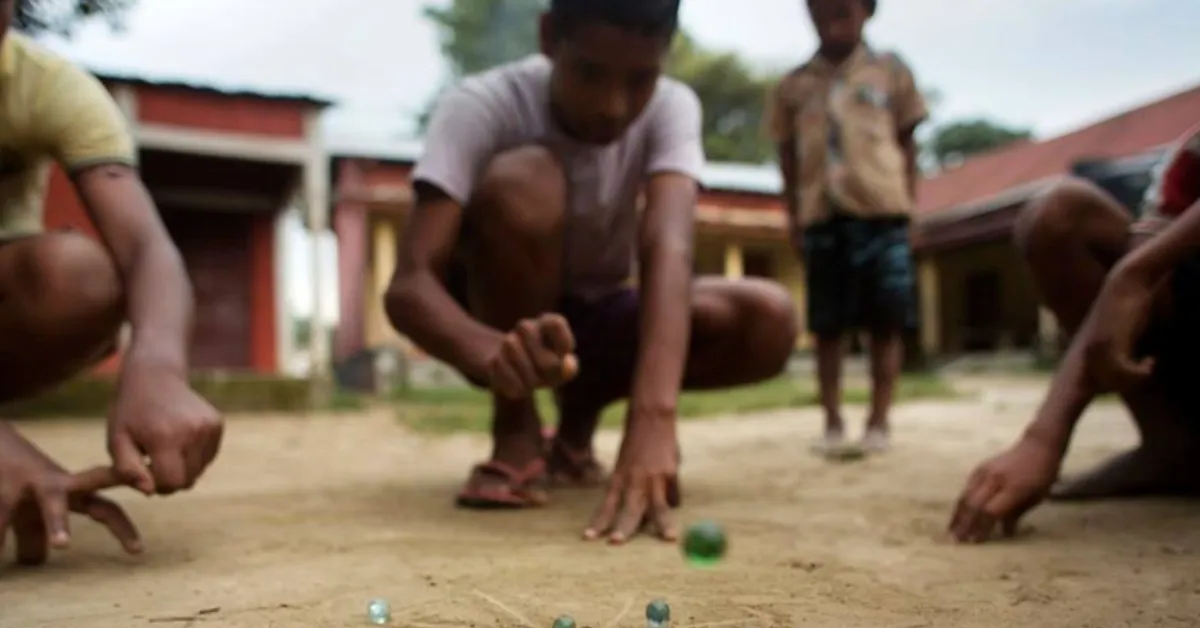Parenting in Kenya: How Overprotection is Redefining Childhood Experiences

A notable transformation is underway in how children develop, contrasting generations shaped by outdoor exploration with those nurtured in highly structured environments.
In previous decades, childhood revolved around unstructured play and ingenuity. When children lacked toys, they ingeniously created them, crafting footballs from layered plastic bags tied with string or miniature cars from scrap materials such as wire, wood, and bottle caps, referred to as "pekele" by younger generations. Excitement was found in the activity itself, not material possessions. Outdoor spaces served as life classrooms. Children as young as six ventured out alone, navigating the world's complexities without parental supervision.
They learned problem-solving, improvisation, and self-sufficiency naturally. Competitions, such as wire car races, provided arenas to confront victory and defeat. Losing forged resilience rather than despair. Disputes were resolved with raw emotion, sometimes involving fights with bruises and scratches, but grievances dissolved by the next sunrise, cultivating forgiveness and emotional self-regulation. Equality was a notable feature of society. Economic disparities among children, though apparent in their homes, were inconsequential on the playground.
Interactions were rooted in camaraderie rather than comparison, regardless of household affluence. Scarcity of resources reinforced communal living. Items like televisions were communal luxuries, and children gathered outside neighbours' windows to watch. Patience and appreciation were learned from scarcity, with new shoes as treasured annual gifts and special meals like chapati as rare celebrations. Modern parenting styles mark an evolving approach to childhood.
Today's generation grows up under careful supervision, shielded from adversities that once fueled growth. Parents view children as fragile, monitoring play and intervening to control outcomes. While driven by concern, this vigilance may limit opportunities for children to build autonomy and confidence. This shift is linked to societal anxieties. Security concerns and societal pressures have led to gated lives where childhood unfolds within walls rather than open neighbourhoods.
This caution fosters dependence, replacing "making do" with the expectation of provision. Consequently, as children transition into adulthood, they rely heavily on parental support, both financial and emotional. The societal repercussions of these shifts are becoming evident. In a culture that glorifies wealth and immediate gratification, young adults are unprepared for self-sustenance. Many cling to familial resources long into adulthood, perpetuating dependency that challenges individual accountability. Parental efforts to conceal financial realities create illusions of endless support that may prove unsustainable.
These generational transformations extend beyond households, threatening economic stability and interpersonal relationships. Self-reliance instilled in previous generations contrasts with the entitlement arising from unearned privilege. Erosion of resilience and adaptability may become a defining challenge for families and society. While modern approaches offer increased safety and emotional nurturing, they risk undermining essential life skills. Recalibrating these practices may balance protecting children with empowering them to thrive independently.














Add new comment